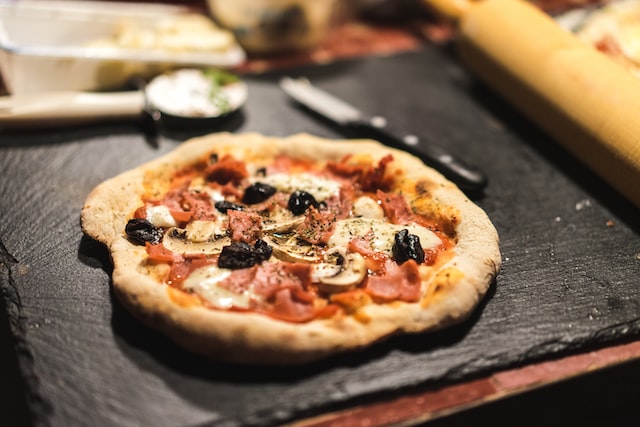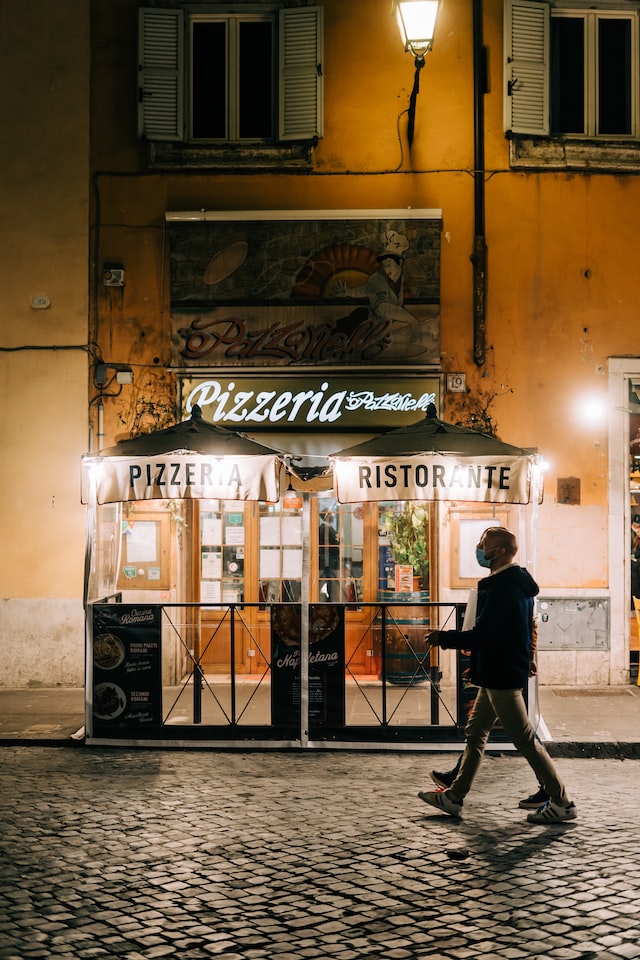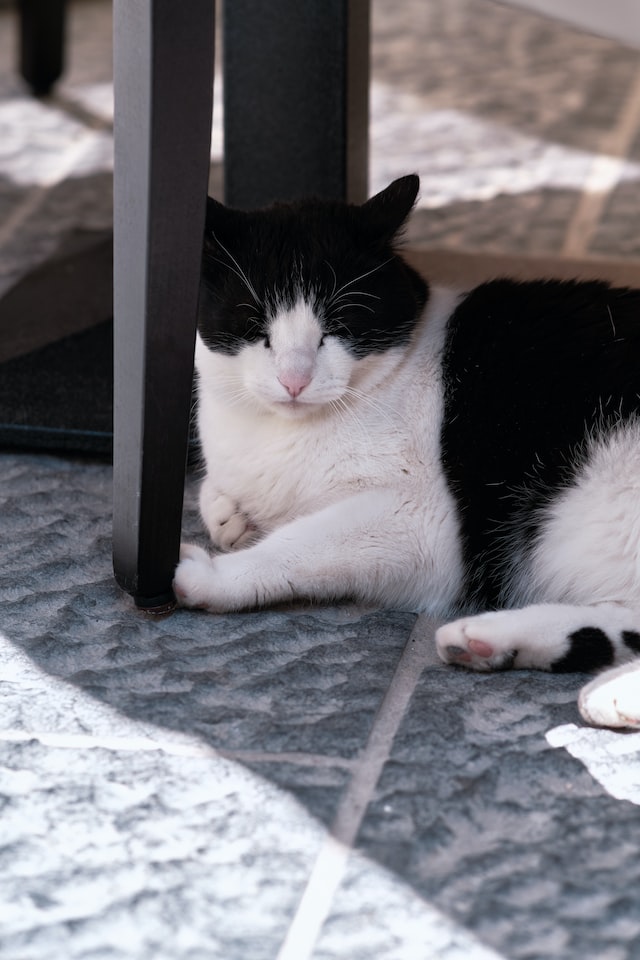Naples has welcomed American Sailors since time immemorial (at least since World War II) and it still welcomes everyone, that is, except for many snooty American tourists and maybe Elena Ferrante who ought to know. Her childhood in Naples (and Ischia) is a theme in her series of four novels, one of which is called My Brilliant Friend, or in Italian, L’Amica Geniale. It was all the buzz in La Matina, the Italian morning paper because the film had just debuted. Ferrante highlights with ambivalent affection the dirt, poverty, lack of education, and well, the Mafia (more to come on this subject).
Perhaps like an attraction to bad boys, I fell in love with Naples stay-out-late attitude, impossibly narrow streets, and cool vibe. At night streets were crowded with babies and old people, families, and of course, good-looking young Italians who are a dime a dozen. People, music, food—life. Why can’t the whole world be like this? I am still pondering this question.
Because I didn’t know a thing about Naples I started out the next day by one of those omnipresent “hop on hop-off buses.” This did not go well. Things began badly when I tried to hail the bus in the wrong place, standing right in front of a “blood bank” and eagerly raising my hand. The bus sailed right on by but the blood bank thought I was a potential donor. I explained that I was not the type.
I cruised around with all the other retirees after catching another bus but hopped off permanently at what I was told (by a recorded hop-on-hop-off voice) was an important museum. I was too in need of respite to see it. Instead, I bought a guidebook in the bookstore and took it, like a dog with a bone, to a quiet place to chew it over.

When in doubt, mangia. Italy is smart that way. I think I devoured the entire book in one fell swoop. I know I ate the entire pizza, astounding the waiters. The cook/owner in white hat and apron tended his ovens and yelled amiably from the middle of the restaurant, with all the doors and windows open. Tucked into a quiet corner table, I was content. Travel euphoria alternates with exhaustion and overstimulation before we all turn into two-year-olds.
The oily garlicky pizza hot from the ovens, redolent with oregano and furry with anchovies was washed down with a cold bicchiere of Peroni. Napoli pizza is without a doubt the best on earth, and now I get to go around comparing every slice of pizza the rest of my life to that one. And that is why I travel.

One more museum and there she was again, Suuunnniiiiaa, this time amidst the ancient frescoes of the archeological museum (check). Many of the material objects were from Pompeii, including a corpse who looked a lot like Vulcanized rubber. Was this, too, now a material object? He looked to be. What are we to make of such “artifacts” such as bodies, who had, until that fateful day, been living, hoping, fearful human beings until their lives were extinguished by a giant tantrum of Mother Nature (or perhaps Vulcan the more macho God himself). And does it “count” in terms of travel competition if you view those “artifacts” out of actual context? Ah, but there were more volcanoes to come, Mt. Aetna, for example. I was sure I’d win in the long run.
Seeing things in context is so much of the why of travel. But Suuunnniiia pulled out her cell phone and revealed her secret passion. It was cats. She had been taking pictures of her favorite cats all over Italy—cats curled around the feet of precious statues as if the statues were mere classical Greek backdrops to the real thing. There were alley cats, Air B and B cats. She was happy.
And so was I, in the moment, sharing pictures of my Finnish friend’s furry fetish. I felt as if she had confided some secret to me, and I appreciated the confidence. It was late afternoon. Light slanted sharply through the arched windows of the enormous statue collection. The ancient stone ones surrounded us, wishing, perhaps, that they too could become human for a moment, look over our shoulders, and smile at the bunch of goofy cats.

I settled into a habit of going out to write at an outdoor table in late afternoons during happy hour. It certainly began to make me happier. Sometimes it led to new conversations. Mostly, though, I was befriending myself. I began to process the new things I was sensing, thinking, feeling. One Friday night, accompanied by savory herbed bread, black and green olives, and a glass of wine, I was writing away, the only single person taking up a table in the whole place. No one seemed to mind, especially me. I no longer cared because though I enjoyed the whole sense of place and people, I was focused on my own mind. While a large and unruly group shouted, cursed, and cheered the calcio (soccer) on the café’s huge outdoor screen. I just wrote and wrote. The young mixed-race couple with three children next to me got up to leave. I told her she had beautiful, well-behaved children.
“And watching you,” she said, “is like watching a pianist. You touch the keyboard as if you are dreaming, as if you are playing beautiful music.”
Whenever I think I am not a writer, which is often, I draw on that moment.
